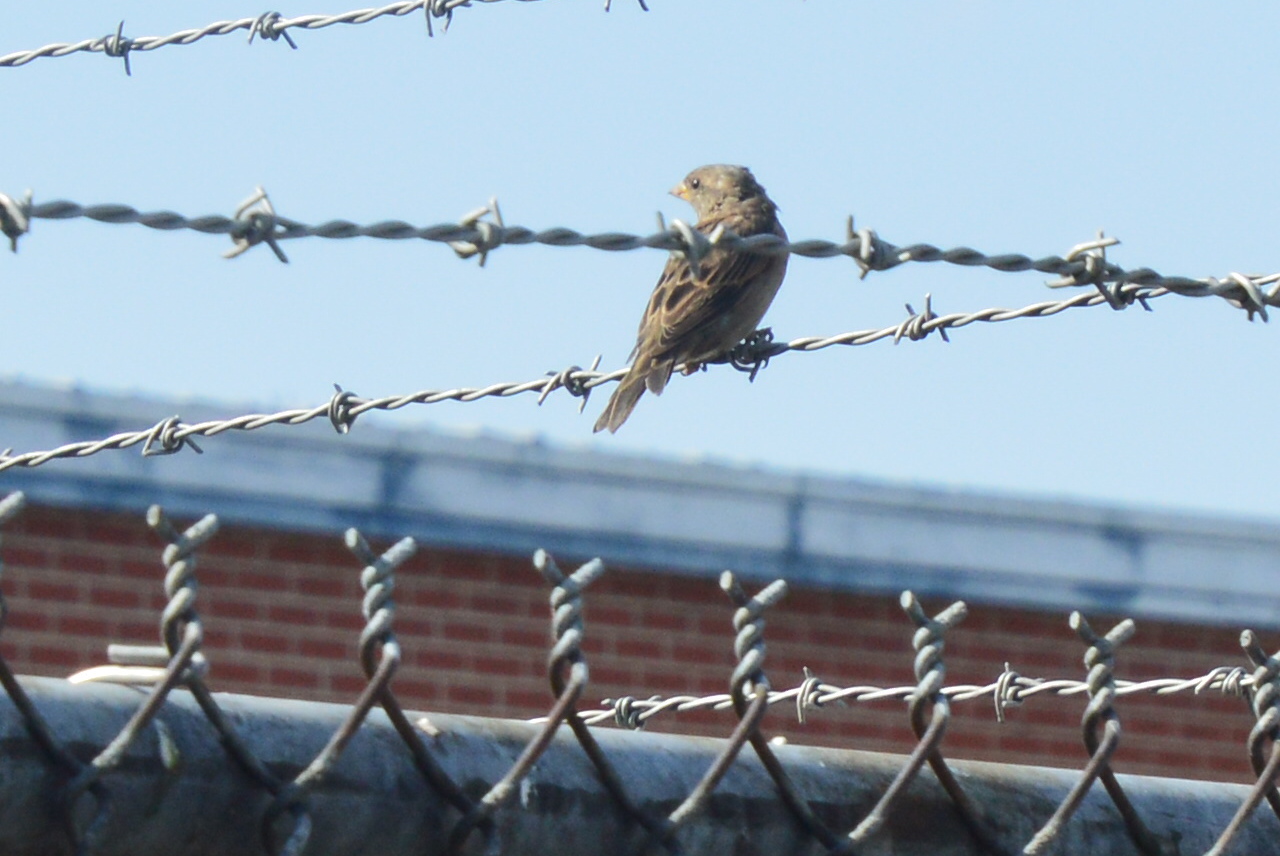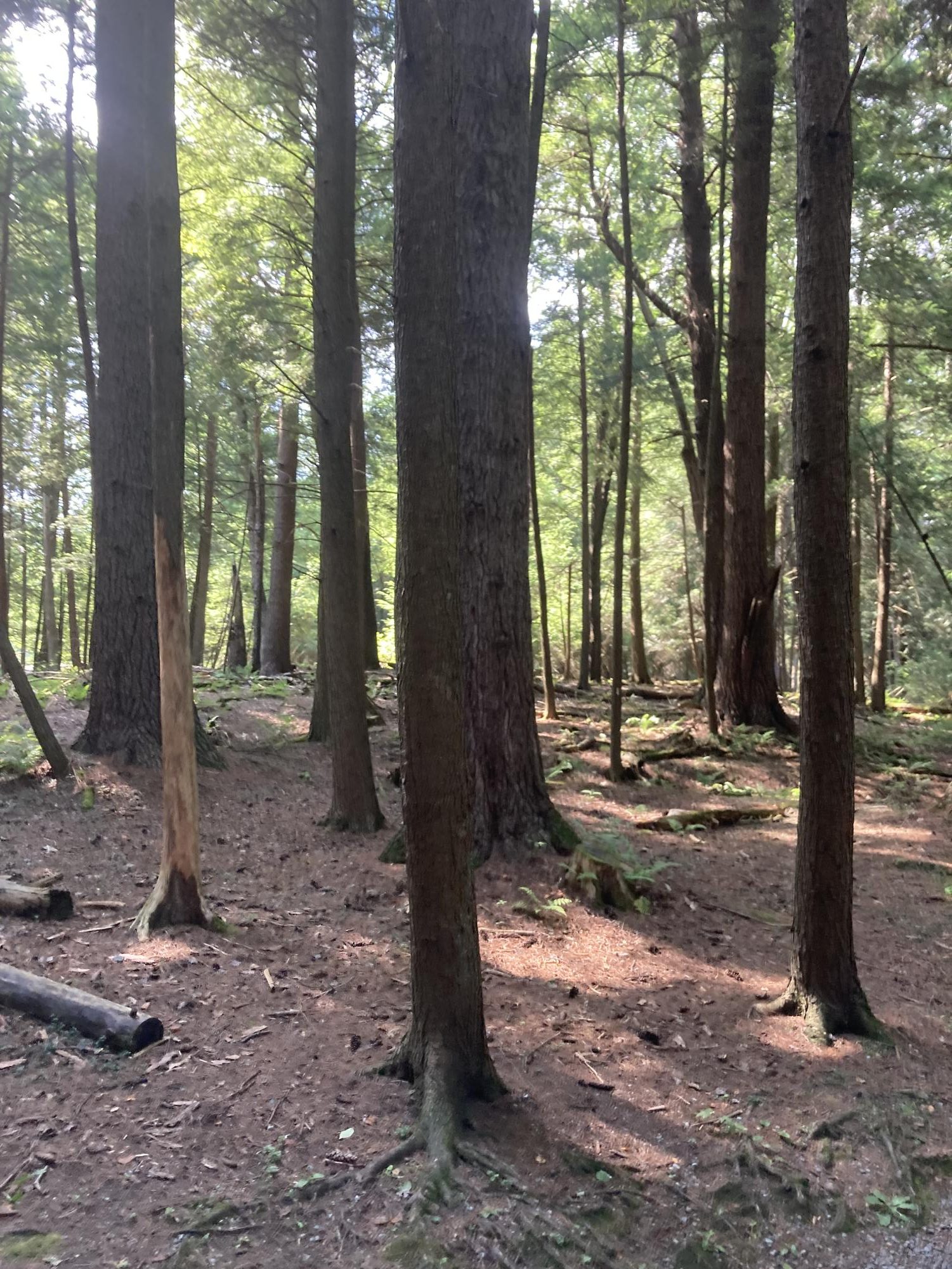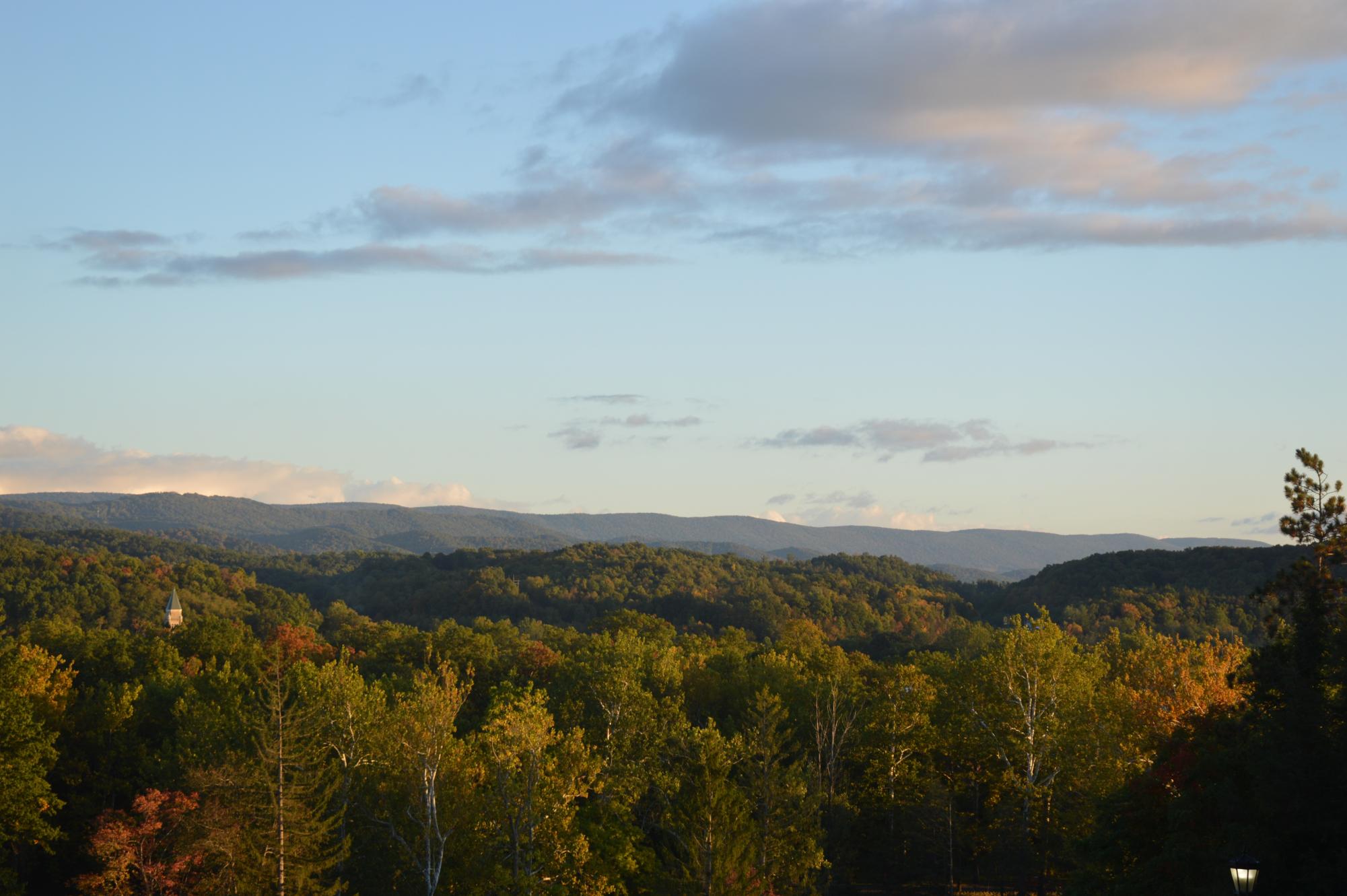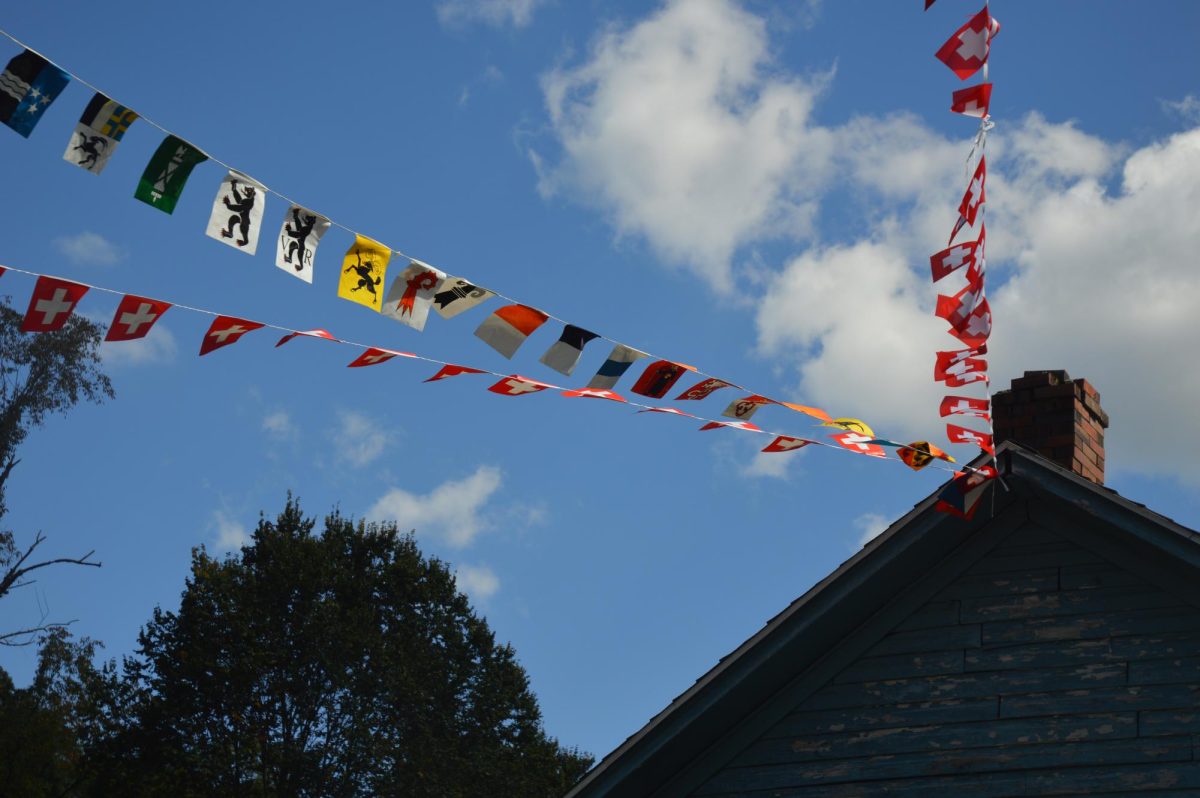It always starts with the fog.
Slow and mournful, it unfurls like an old song, wrapping around the ridges of the mountains in its weary embrace. It doesn’t just touch the earth; it seeps into it—into the veins of the sugar maple, the hollows of the valleys, and the viscous marrow of the bones of the holler. As a child, I despised it, that godforsaken, sodden, smothering shroud that turned mornings into dusky shades of gray. It clung to my skin, my hair, the edge of my thoughts. Everything was too heavy. Everything was too close.

I thought that this place had no edges. The mountains seemed like the ribs of some terrible varmint, swiveling and cavorting cruelly. They loomed, green and relentless in the brief summers but barren and skeletal in the harsh winters. It was difficult to see beyond them. No matter how much you squinted your eyes or jumped up and down, they were shoehorned into your sides. I couldn’t fathom anything that wasn’t tangled in their roots or shadowed by their peaks. Back then, the rhythm of these hills wasn’t a song; it was a dirge, a slow, mournful hum which I longed to be granted mercy.
There was a restless ache in me—a hunger for something sharper and brighter, perhaps freer. At night, as I lay in bed, I would listen to music that whispered of neon cities and wide-open highways, unbroken by the rise and fall of these hills. I would smother my mind in places where no one asked where you’re from, where it didn’t matter if your vowels carried the weight of the mountains or if your hands bore the calluses of the earth.
I wanted to shed this place like a skin—to outrun its shadow, its weight.
This heaviness is shaped by the forces outside of it. We are caricatured as

being stubborn, uneducated, and backward. They forget the intricacies of the people who live here, the fight we carry in our veins. We are written off and told what to believe and what to do. It reminds me of when I sat here nearly a year ago now, when Ashley Belote said that, while writing her stories, she was told that, “even people from West Virginia can be authors.” I could see she carried those words like a stone in her pocket. I think about that moment often, how the world sees us, how we see ourselves. Writing for me has become a way to push back against this weight, to untangle the threads of pride and shame, to claim this place and status in all its complexity.
But here’s the harsh truth about the mountains: they don’t let go. They linger in your lungs, in the cadence of your voice, in the aching pull of certain songs. They’re not a place but a presence, a pulse that you carry with you, even when you think that you transcend them—that you think that you’ve somehow left them behind.
It wasn’t a sudden epiphany that brought me back, no blinding moment of clarity of this place revealed itself through the parting of clouds. It was a slow unraveling. It was a thread that had always been pulled, but only now did I look down and notice a hole in my sweater. There was a quiet shift in the way that the air felt on my skin. The mountains, too, began to change.
Or maybe I changed. Sometimes, it’s difficult to tell.
The vastness of the land no longer felt iron-fisted and domineering. Maybe it was a language I just didn’t understand yet, one which I overlooked. Their hymns are low and resonate, threading my bones like roots seeking the earth. I began to see the way the fog snaked through the trees, catching the light, wrapping the sun’s golden tendrils in an ingénue wedding veil. I felt the first stirrings of something I couldn’t quite name. It was the same logic; I saw everything as I had once before, but I evolved the receptors to not just see but to perceive.
There’s a gravity to this place, and maybe you feel it, too. It’s a kind of weight that presses into you, not just in the body but also the soul. It’s the weight borne by generations of miners descending into the earth, their hands cracked, their lungs black and coated in dust. It’s the kind of weight that settled in the wake of greying laborers when little bottles of pills—round as seeds, white as moth wings—scattered across these hollers like a whisper of false salvation. It was a promise of escape from the grueling pain, but instead, we became wounded around them like the briars of a hillside. I see the long-term consequences of such a storm. I’ve witnessed the hollow eyes, grief etched into each crinkle of their face. Pain here doesn’t vanish; it burrows in, settling like silt, layer upon layer, into the bedrock of the land.

There’s this judgment that hangs heavy in the air, one that feels like the weight of a closed door. It’s the way that children’s voices are stifled, dreams being suffocated beneath the weight of underfunded schools, and their futures clipped by promises made but never kept. It’s the way that decisions are made so far away by people who have never seen the cracked roads or the fading paint on schools, the deaf ears of those who don’t listen to the quiet pleas that rise from kitchens and porches. It’s in the way that the wind blows, not just over the hills but through the hearts of those who fear to speak certain truths. We are told to hide our tenderness as we are told to hide our gray hair.
“I’m afraid of getting older,” is what I think to say. Don’t get saggy, don’t get haggard, don’t get mottled or bumpy or ugly or crooked. But then I think of my grandmother, her lovely winding hair, silver like the scales of the freshwater drum. I think of her lavender blouses and the lupine flowers on her gravel road.
And so, I write. I know there is a defiance here, quiet and stubborn. It’s the way we gather. It’s the way we share what we have. It’s found in the songs and ghost stories that rise from our front porches, carrying stories of hope, heartbreak, and survival. The beauty here isn’t obvious; it comes slowly, like the unfurling of a fern, like the way water smoothes stone.
The hills are still here—their breath becomes warmer as mine grows colder. As my bones become brittle, their soil beckons my body. This was when I learned not to run but to rather let it envelop me. It is a tender reminder that this place will always be a part of me—as much as the words I write, as much as the breath I take.
I will always turn toward the mountains.












